
'It's Exciting to Study in a Rapidly Changing World'
Recognized card game masters claim that victory is possible only after making a thorough analysis of the likely combinations contained in your opponent’s cards, making it a literal application of data analytics to game theory. Anastasia Erastova, now a data scientist at the New York office of BNP Paribas, graduated from ICEF with honours. At the time, she was also the Russian vice-champion at bridge. In an interview with Success Builder, she explained why mathematics and gambling often go hand in hand, the advantages of studying next door to Wall Street and how math students can get a work visa in the United States.

In Pursuit of the African Migrant Experience: HSE Doctoral Student Sheds Light on an Understudied Segment of the Moscow Population
At the recent seminar of the HSE International Laboratory for Social Integration Research, Isaac Olumayowa Oni, HSE doctoral student and lab research assistant, spoke about African migration to Russia. In an interview with HSE News Service, Isaac discussed his research and talked about what it’s like to study at HSE and live in Moscow.

‘At the First Meeting with the Teachers it Became Clear that the Study Process Would Be Wonderful and Exciting’
In the autumn of 2020, the newest HSE faculty – the Faculty of Geography and Geoinformation Technology – enrolled students for the first time. The students share their impressions of the university after six months of study, as well as the admission process and their interest in geography.
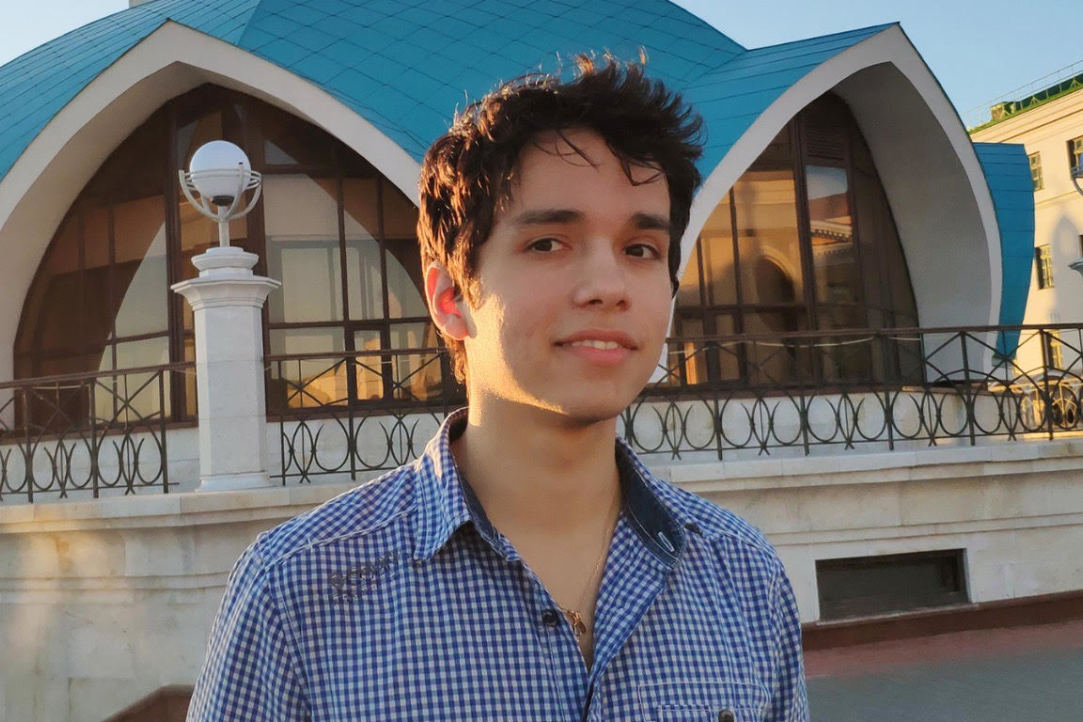
‘The Rich Networking Experience That HSE University Offers Is No Less Important Than Grades And Knowledge’
Why do international students choose HSE University, and what is it like to move to another country? Arslan Shakhnazarov, second-year undergraduate student at ICEF, shared his story and talked about how he, just an ordinary guy from Bukhara, Uzbekistan, chose a university on his own, passed the entrance test to HSE accidentally, found himself in the top 10 of the student ranking, started working at Tinkoff, and still hasn’t stopped dreaming big.
‘Success of Data Science Professionals Depends on Training’
Jingtao Xu, a second-year student from China, is pursuing his Bachelor’s in Data Science and Business Analytics, a double degree programme between HSE University and the University of London. In an interview with HSE News Service, he describes the hard and soft skills he has gained at HSE, as well as the ups and downs of studying online. He also told us about his favourite places in Moscow.
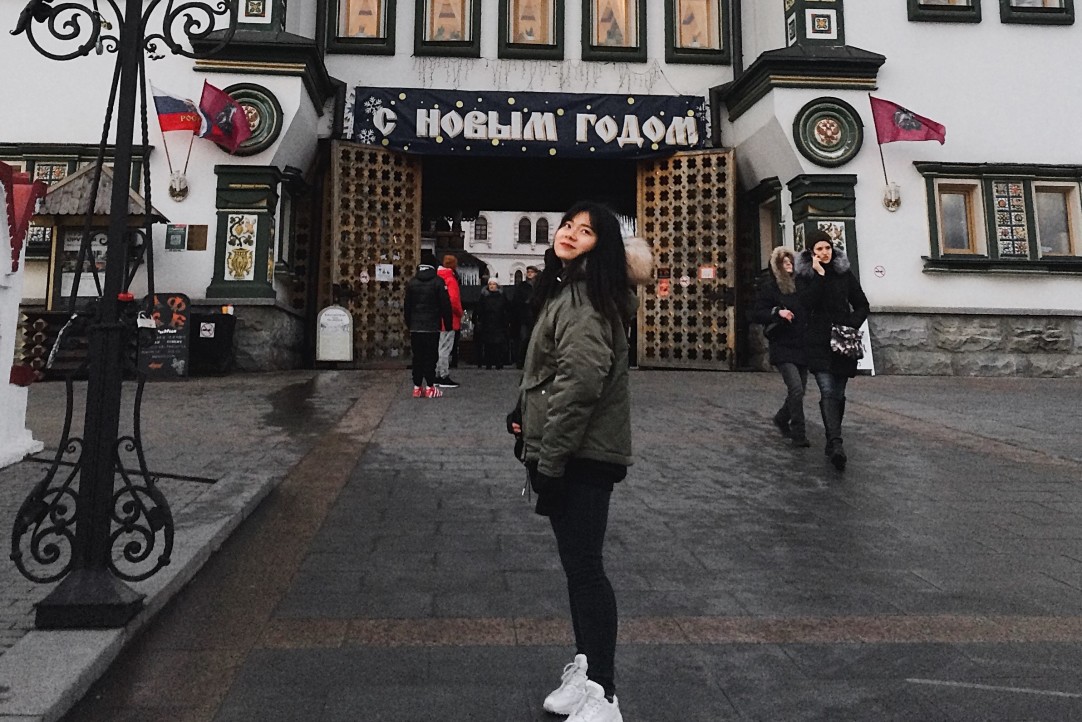
‘Serious and Honest Attitude to Work Is Exactly What We Need in the Future’
What attracts international students to HSE University? What subjects are easier to study online? What are the biggest challenges for an international student in a Russian-taught programme? HSE News Service spoke with Trang Pham, from Hanoi, who is currently studying at the HSE Faculty of World Economy and International Affairs.
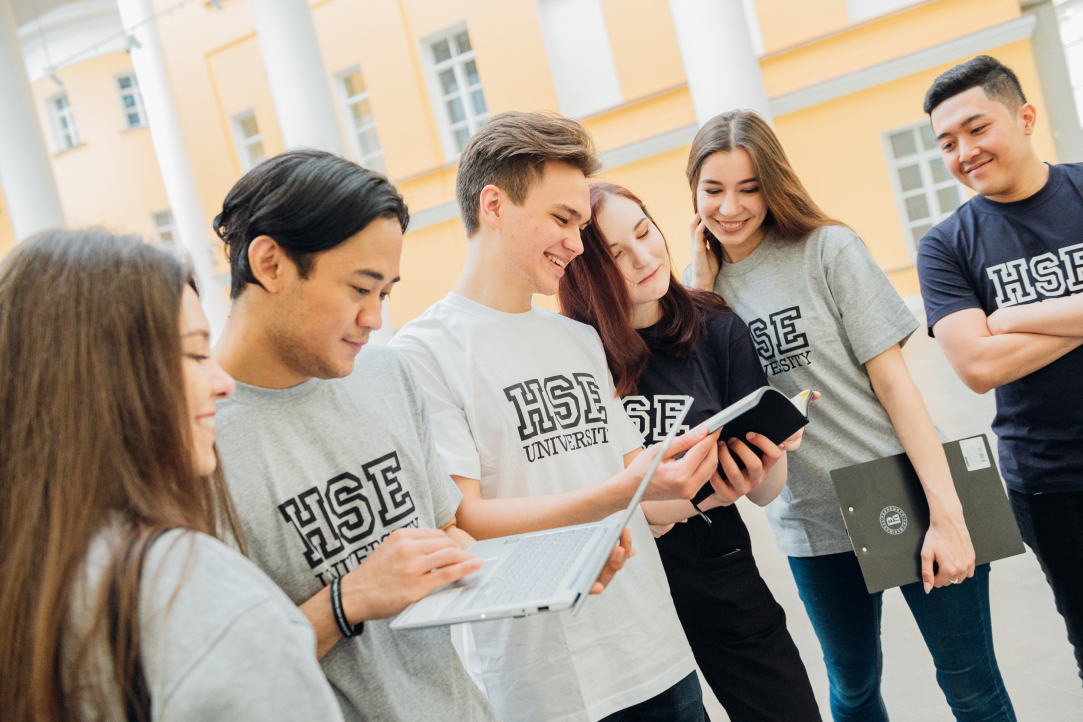
Apply for the HSE University Study Tour Experience
The International Study Tour experience is currently accepting applications for February 2021. The programme is organized by the International Admissions team with the aim of giving international students an opportunity to get a glimpse of what studying at HSE University is like. Participants attend various classes in different fields of study. Last November, the programme was held online for the first time. The February round will also be held fully online, so students from all over the world can take part. Application deadline is February 8.
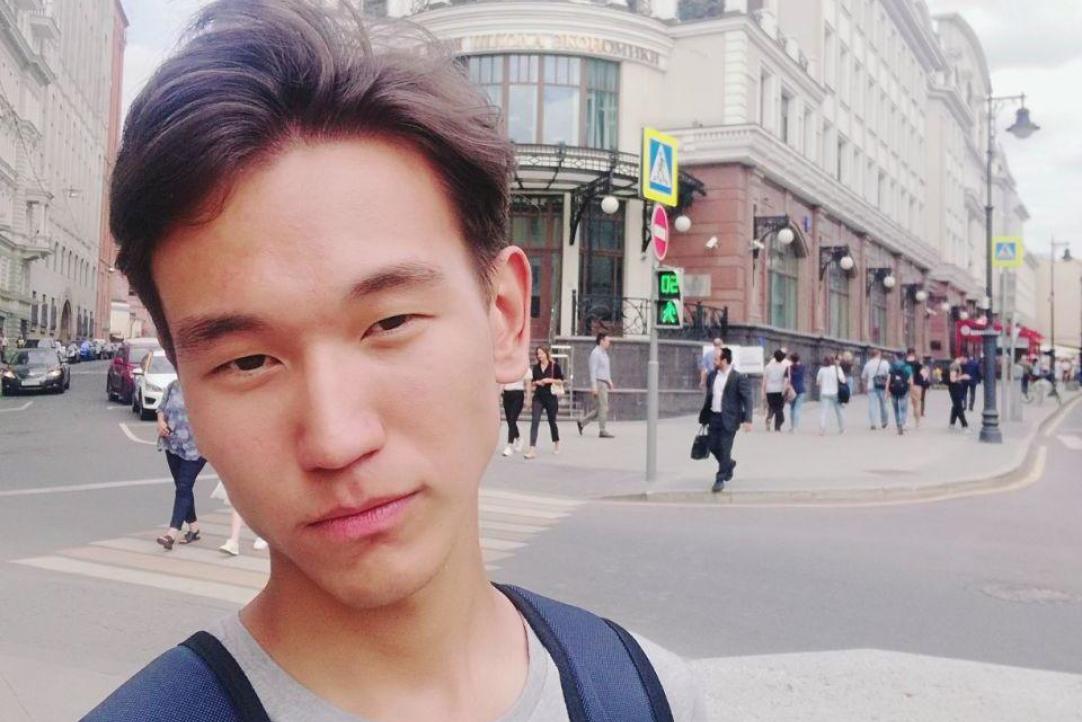
'Try Something New and Don’t Be Afraid of Anything'
Rashid Mustafin came to the Moscow campus of the HSE University from Aksu, Kazakhstan. He is currently in his third year studying Foreign Languages and Intercultural Communication in the Faculty of Humanities. When the pandemic began, Rashid continued living in the HSE student dormitory. He spoke with the HSE News Service about his experience of getting into HSE and his time here as a student.How I found out about HSE
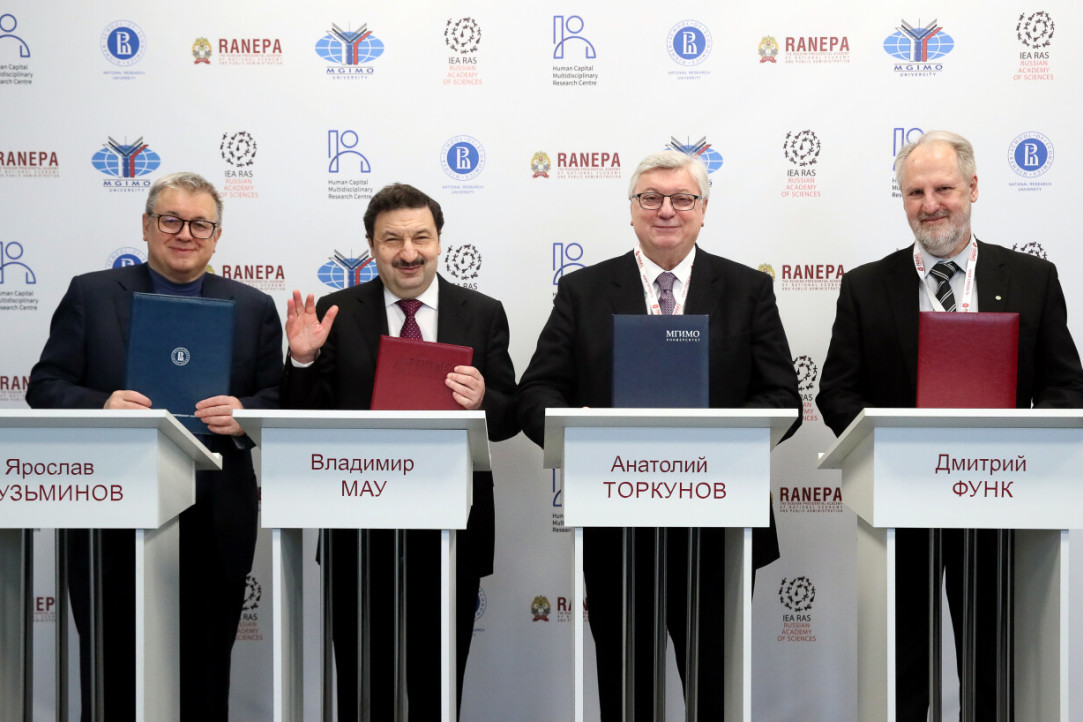
HSE University and Consortium Partners Aim to Take Human Capital Studies to New Level
On January 14, at the 2021 Gaidar Forum, which was held at the Russian Presidential Academy of National Economy and Public Administration (RANEPA), HSE University Rector Yaroslav Kuzminov and leaders of three other institutions signed an agreement to establish the Human Capital Multidisciplinary Research Center (HCMRC). The other co-signers were RANEPA Rector Vladimir Mau, MGIMO University Rector Anatoly Torkunov, and Dmitry Funk, Director of the N.N. Miklukho-Maclay Institute of Ethnology and Anthropology of the Russian Academy of Sciences. The Center will focus on that key areas of human capital studies that are of current global importance.

‘I Have Already Become Part of the HSE Community, Albeit Remotely’
In 2020, prospective students got a new experience: touring and getting to know universities remotely. After passing entrance exams online, many of them are now studying online and have yet to see HSE University in person. We asked Aiganym Daupbayeva, first-year student of the HSE and University of London Double Degree Programme in Economics from Kazakhstan about her experience attending HSE virtually. She discussed how to get into HSE and take classes without leaving your home, and why international students choose HSE University.


Registration is open until April 1, 2025